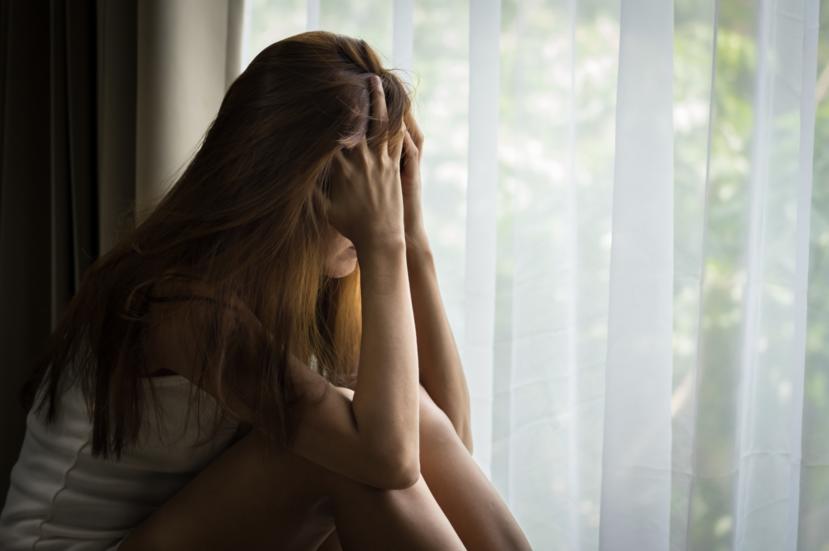Social Anxiety Disorder: Causes, Symptoms, Treatments and More

Social Anxiety Disorder, also known as social phobia, is a type of anxiety disorder in which a person feels excessively fearful of social situations. A person suffering from this disorder lack social skills and has trouble meeting new people, talking to people, and attending social gatherings. They fear that they will be judged, humiliated or criticized by others. Although they realize that their fears are baseless and irrational, they can’t do anything to control such feelings. As a result, these false beliefs start affecting the person’s normal daily routine, including school, work, relationships and other social activities.
Situations That Provoke Social Anxiety Disorder
It’s quite normal to sometimes feel shy in front of others. However, when you have social anxiety disorder, you have a constant fear of being embarrassed by others. Therefore, some situations that provoke social phobia are:
• Eating or drinking in public
• Working or writing in front of others
• Being the center of attraction
• Interacting with people, including meeting, dating or going to parties
• Asking questions
• Using public toilets
• Talking on the telephone
• Facing job interviews
• Shopping
• Talking on the phone
Symptoms of Social Anxiety Disorder
Physical symptoms of social phobia may include:
• Excessive sweating
• Blushing
• Nausea
• Pounding heart
• Trembling or shaking
• Muscle tension
• Difficulty speaking
• Dizziness
• Upset stomach or diarrhea
Psychological symptoms may include:
• Worrying extremely about social situations
• Avoidance of social situations
• Fear about embarrassing yourself in people
• Worrying that other people will notice that you are nervous or stressed
• Needing alcohol to confront a social environment
• Missing school or work
Causes of Social Anxiety Disorder
While the exact reason isn’t known, studies suggest that certain psychological, biological and environmental factors may play a major role in its development.
• Psychological: Certain negative social experiences in the past, such as being bullied by peers family conflict or sexual abuse can cause to develop this disorder.
• Biological: The biological cause of social anxiety disorder is associated with the serotonin imbalance in the body. Serotonin is a brain chemical that helps regulate mood. Genetic factors may also contribute to this condition.
• Environmental: People with social phobia may also develop their fear from observing the behavior of others. Additionally, children who are overprotected by their parents may not learn important socializing skills.
Diagnosis of Social Anxiety Disorder
In order to diagnose social anxiety disorder, your doctor may examine your symptoms and certain behavioral patterns. You will be asked to talk about the situations that make you anxious. Generally speaking, your doctor can follow the below criteria for diagnosis:
• Performing physical tests to determine if there may be any physical problems causing your symptoms
• Ask you to explain your symptoms, how frequently they occur and in what situations
• Review a list of situations to observe if they make you anxious
• Get you fill out psychological questionnaires to help recognize a diagnosis
Treatment of Social Anxiety Disorder
Your mental healthcare provider may suggest you a combination of following treatments to relieve your symptoms:
• Cognitive behavioral therapy: This therapy helps you learn new ways to think about or face stressful situations by replacing the negative thoughts with the positive ones.
• Exposure therapy: This type of therapy helps you overcome your fears by having you face social situations, instead of avoiding them. In this treatment, you’re gently and slowly exposed to the places or situations you fear. As a result, with the continued treatment, your fear diminishes over time.
• Group therapy: In this therapy, you learn social skills to interact with people in social settings. You are made to participating in group therapy with others who have the same fears, which gives you a better chance to practice your new skills through role-playing.
The Bottom Line
At the end, it’s important that you adopt a healthy lifestyle. Get plenty of sleep, eat healthy food, exercise regularly and avoid caffeine and alcohol to bring improvement in your physical and mental health.














